Digital OCD
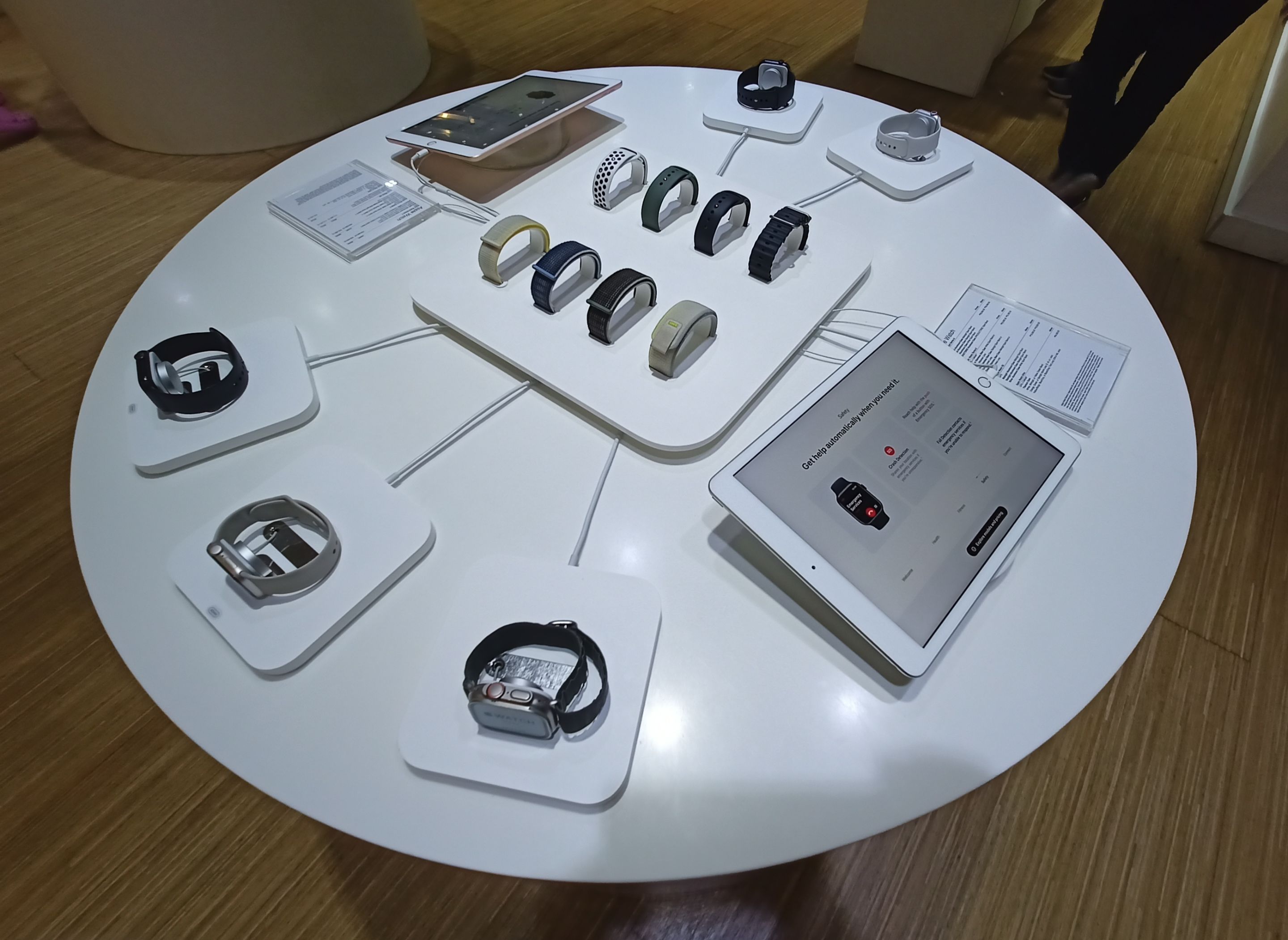
Obsessive Compulsive Disorder, abbreviated as OCD, is a widespread illness that has crippled millions of people globally. This distinctive human behavior is normally characterized by uncontrollable repetitive habits, if not treated and managed properly, will eventually result in psychological damage, lack of confidence, and low self-esteem.
Is it similar to addiction?
In a way, yes! But don't only rely on what I said.
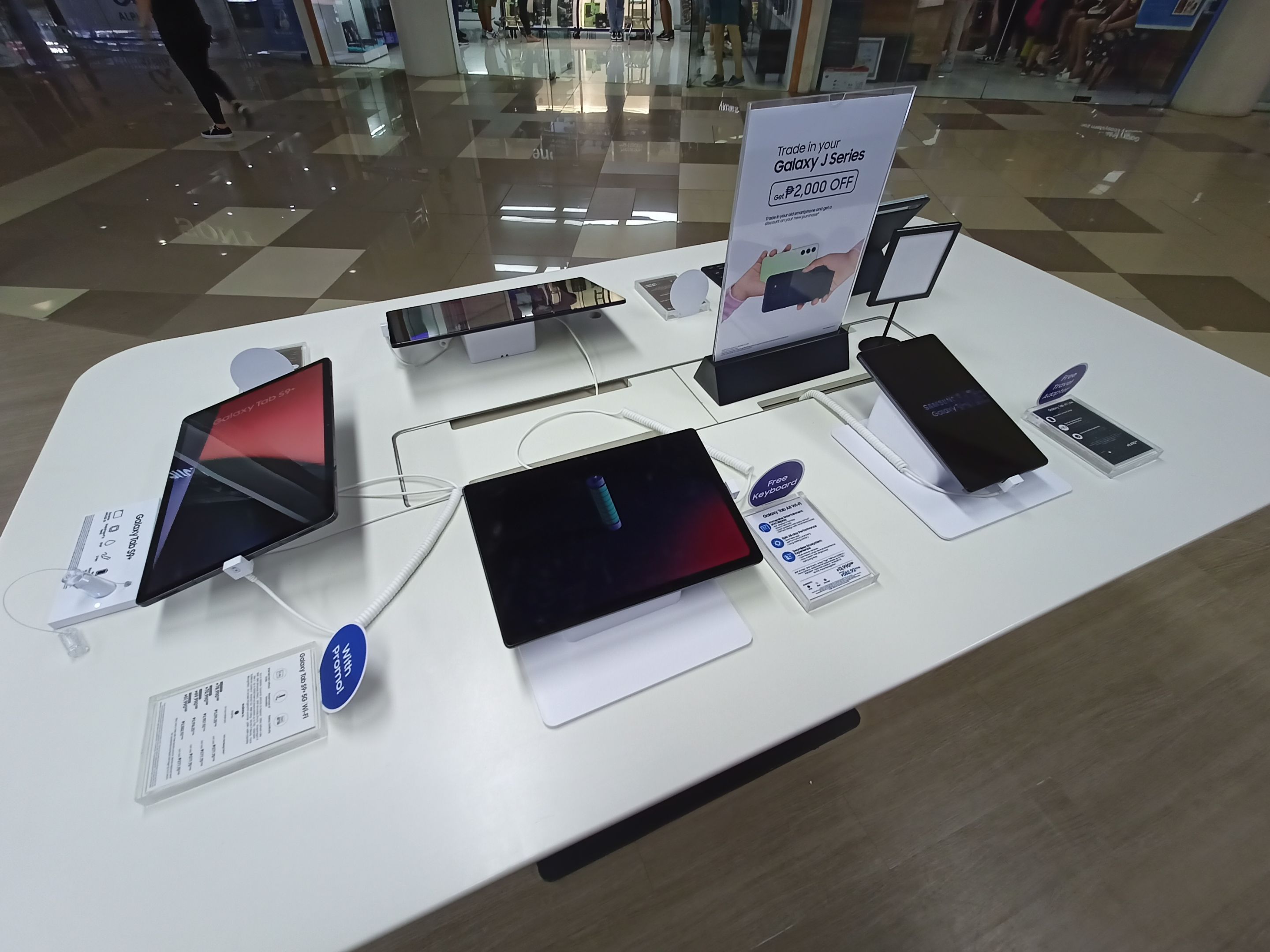
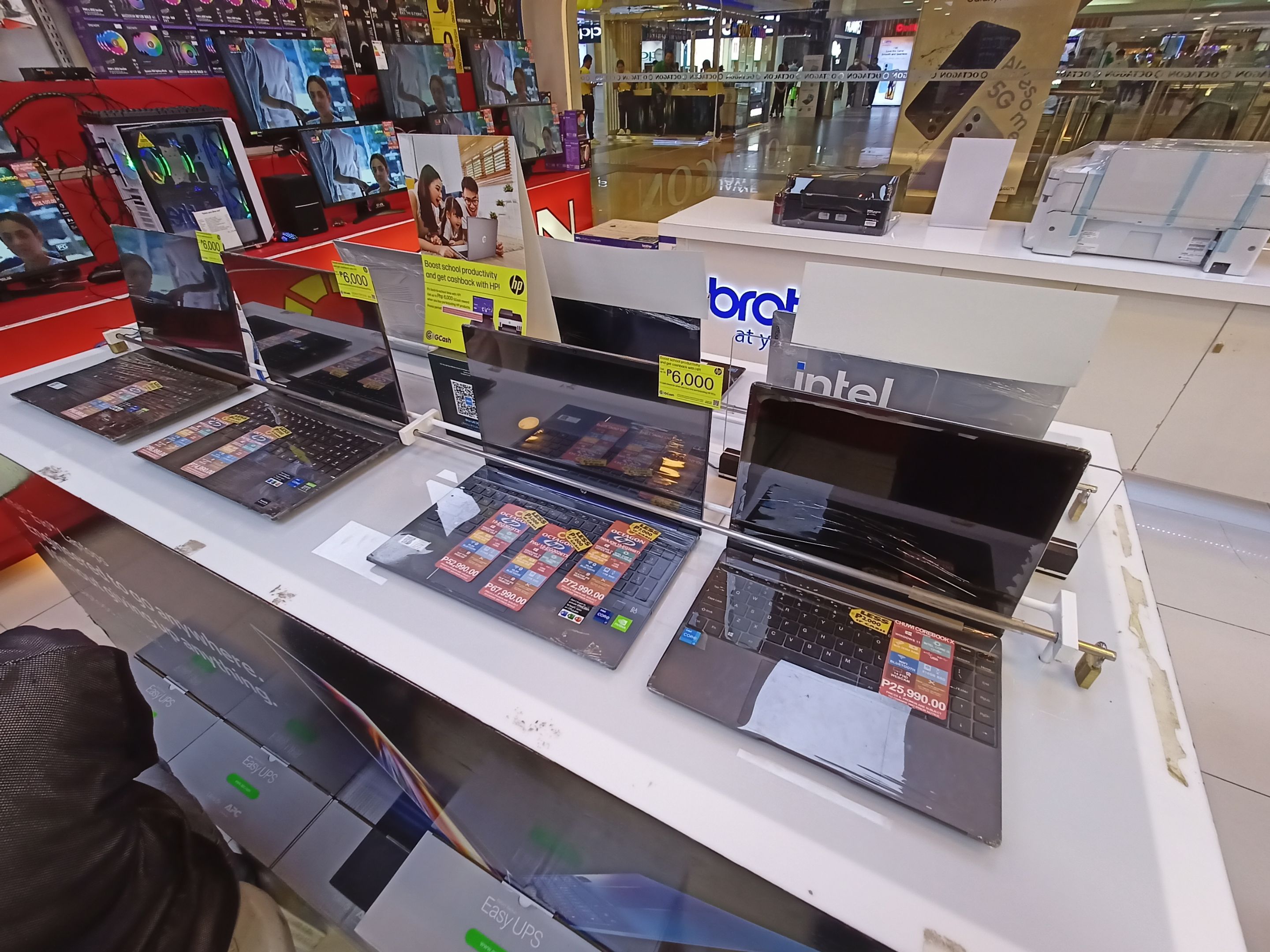
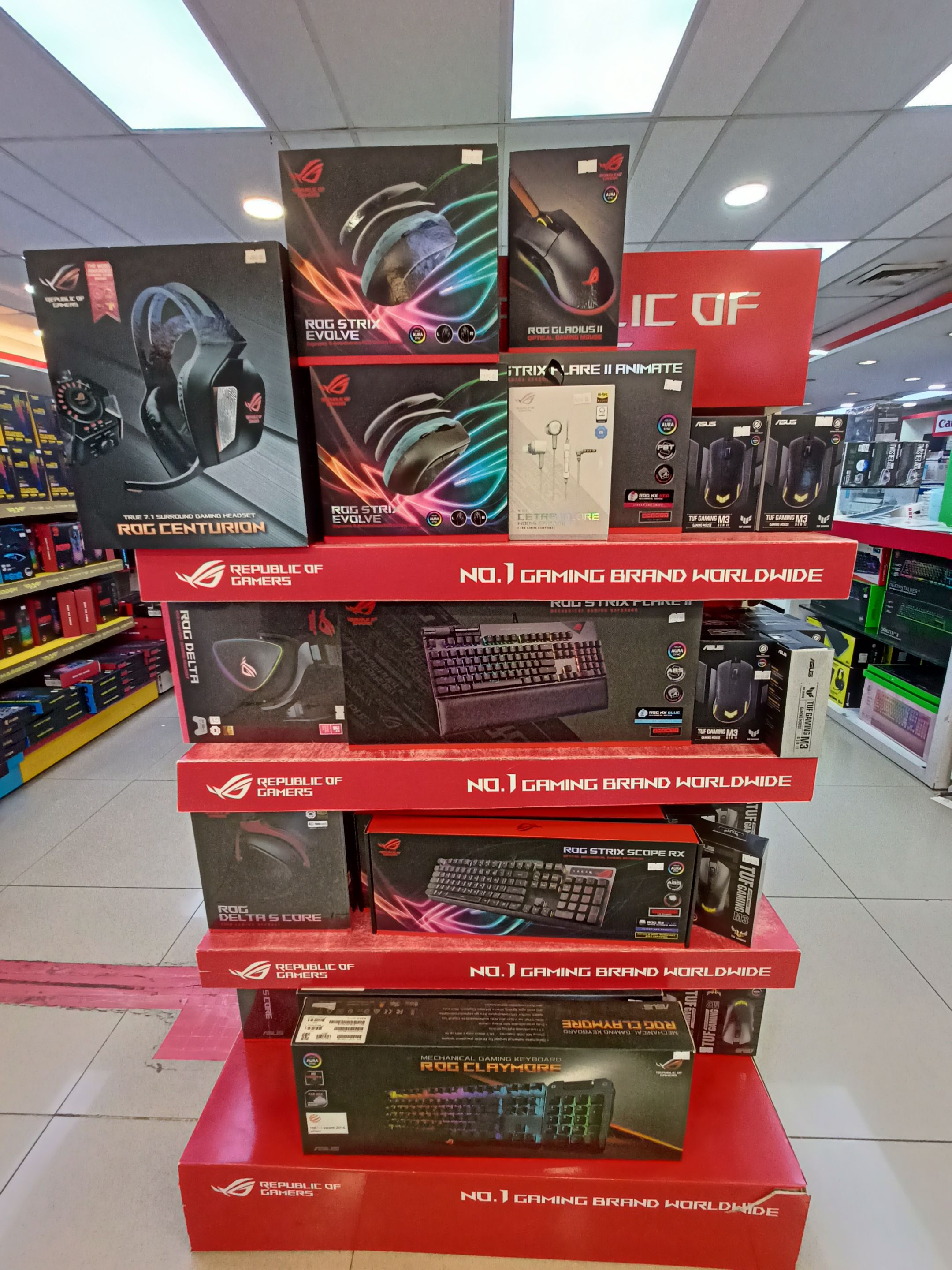
According to leading psychologists, OCD and addiction possess several common elements like worrying about unperformed actions in order to satisfy an itching desire, choosing poor decisions, and craving for the same outcome to feed an insatiable hunger. All these supporting symptoms stem from anxiety.
In fact, never has OCD been extremely prevalent in today's digital era!

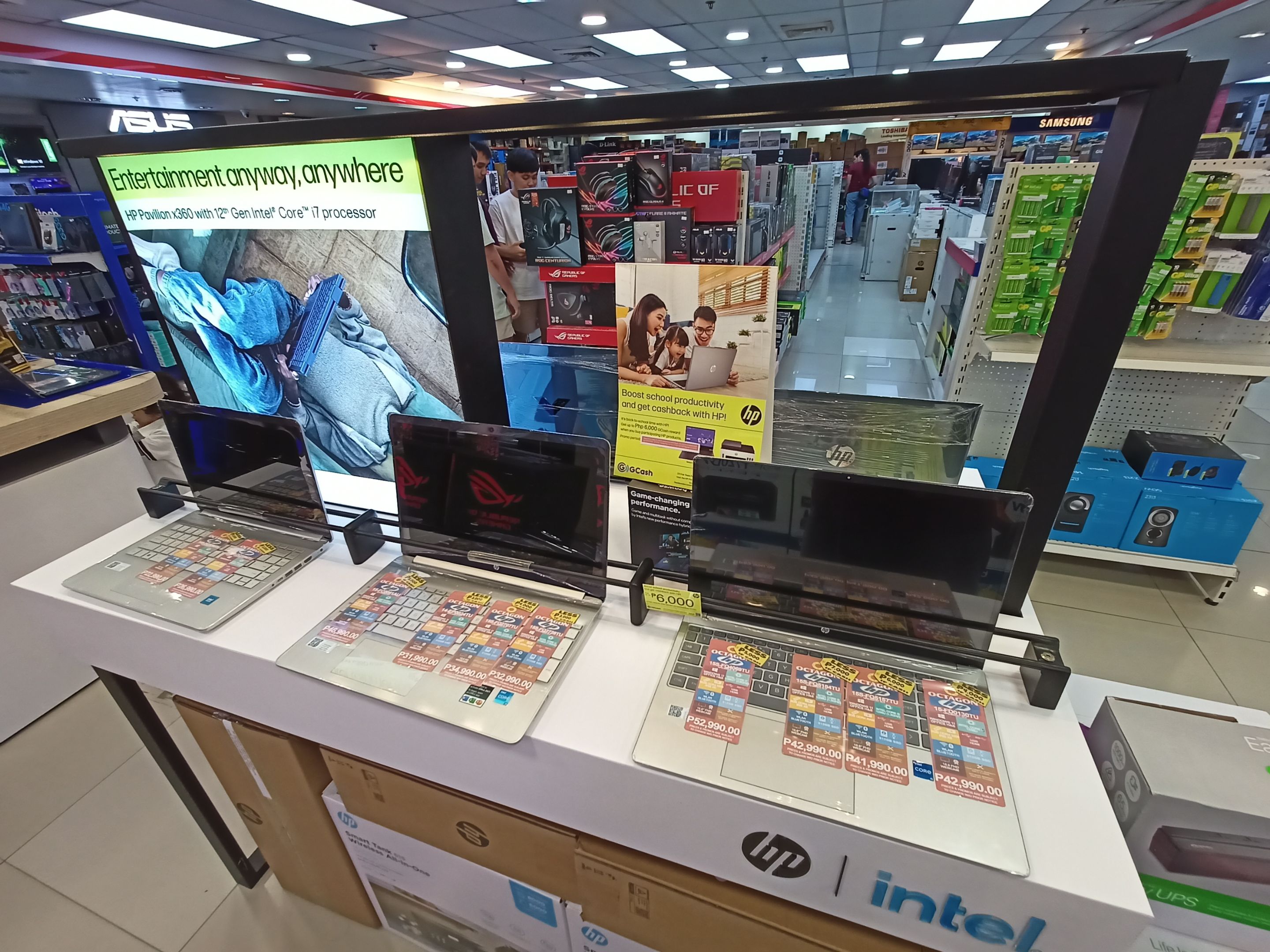
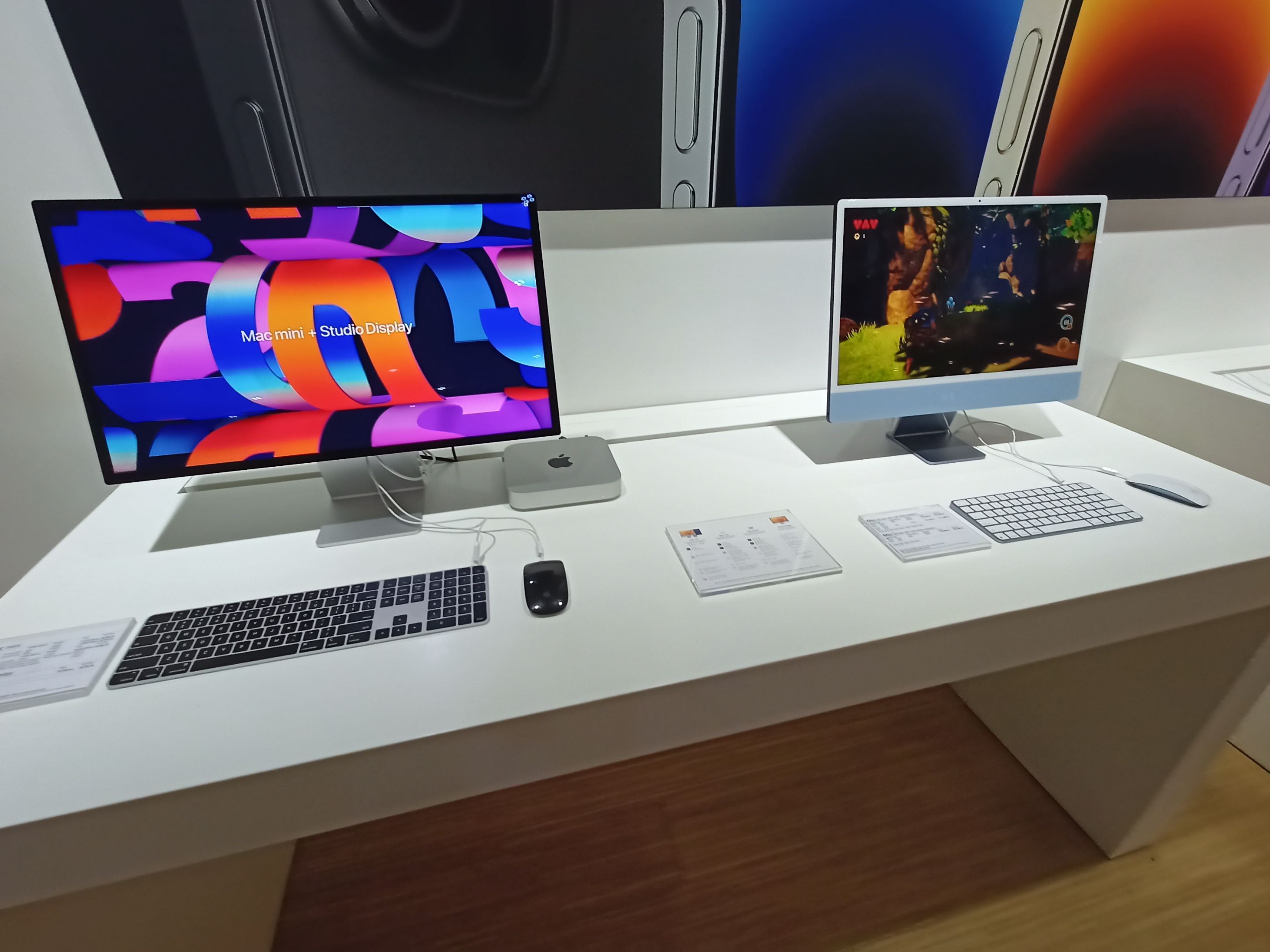
If you compare the number of electronic products manufactured a decade ago to what's currently available, the statistical data is astronomical! The sheer magnitude of digital gadgets nowadays would probably outnumber people. Simply staggering!
This might be an exaggerated claim, however almost every individual owns or is familiar with a mobile device, aren't they?
The invention of the Internet, mobile technology, plus the available freedom of being able to instantaneously upgrade (budget-permitting) to the latest and most advanced technology, I believe, are the main culprits - escalating the contagious spread of OCD to our digitally savvy consumers.
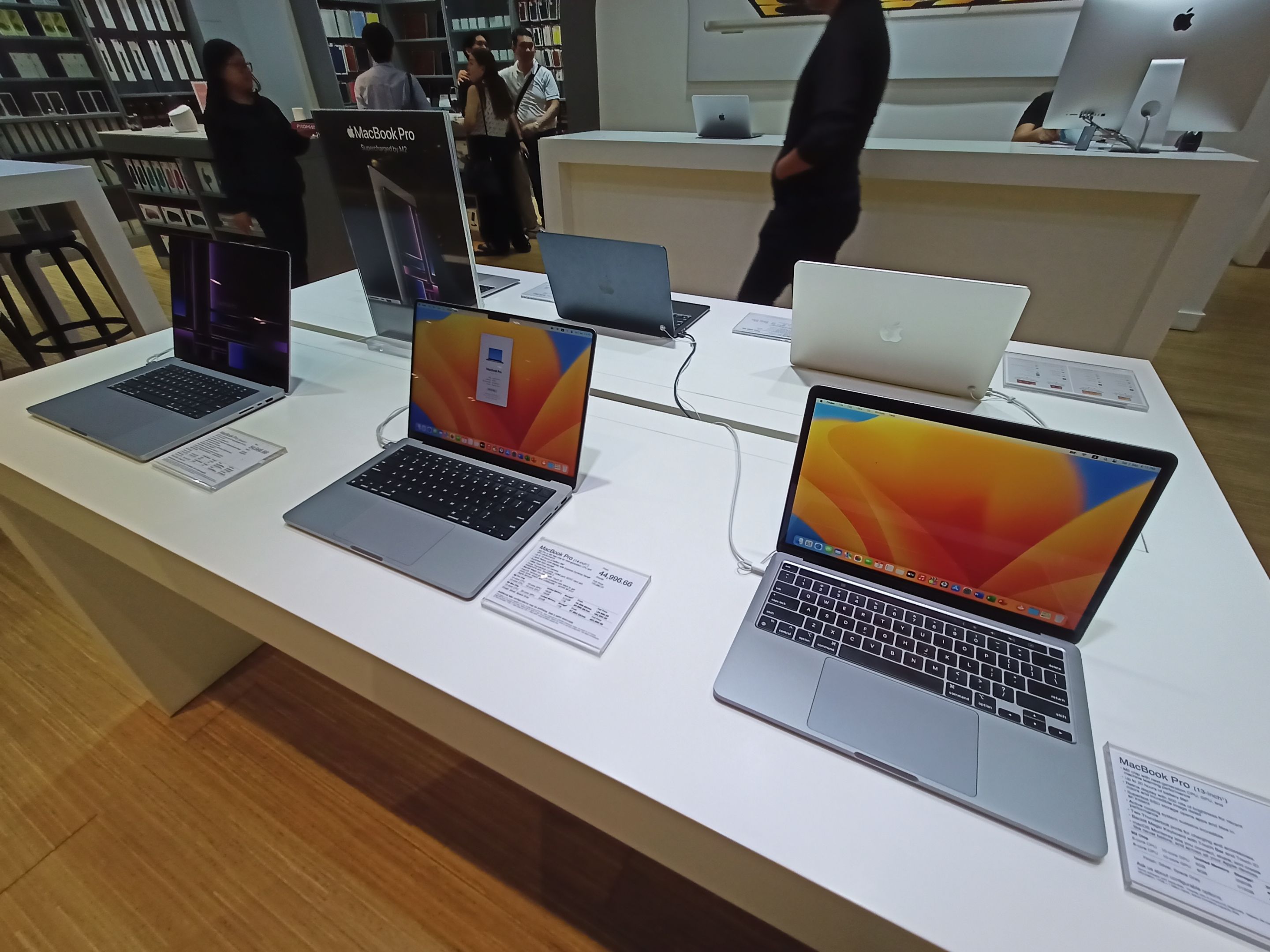
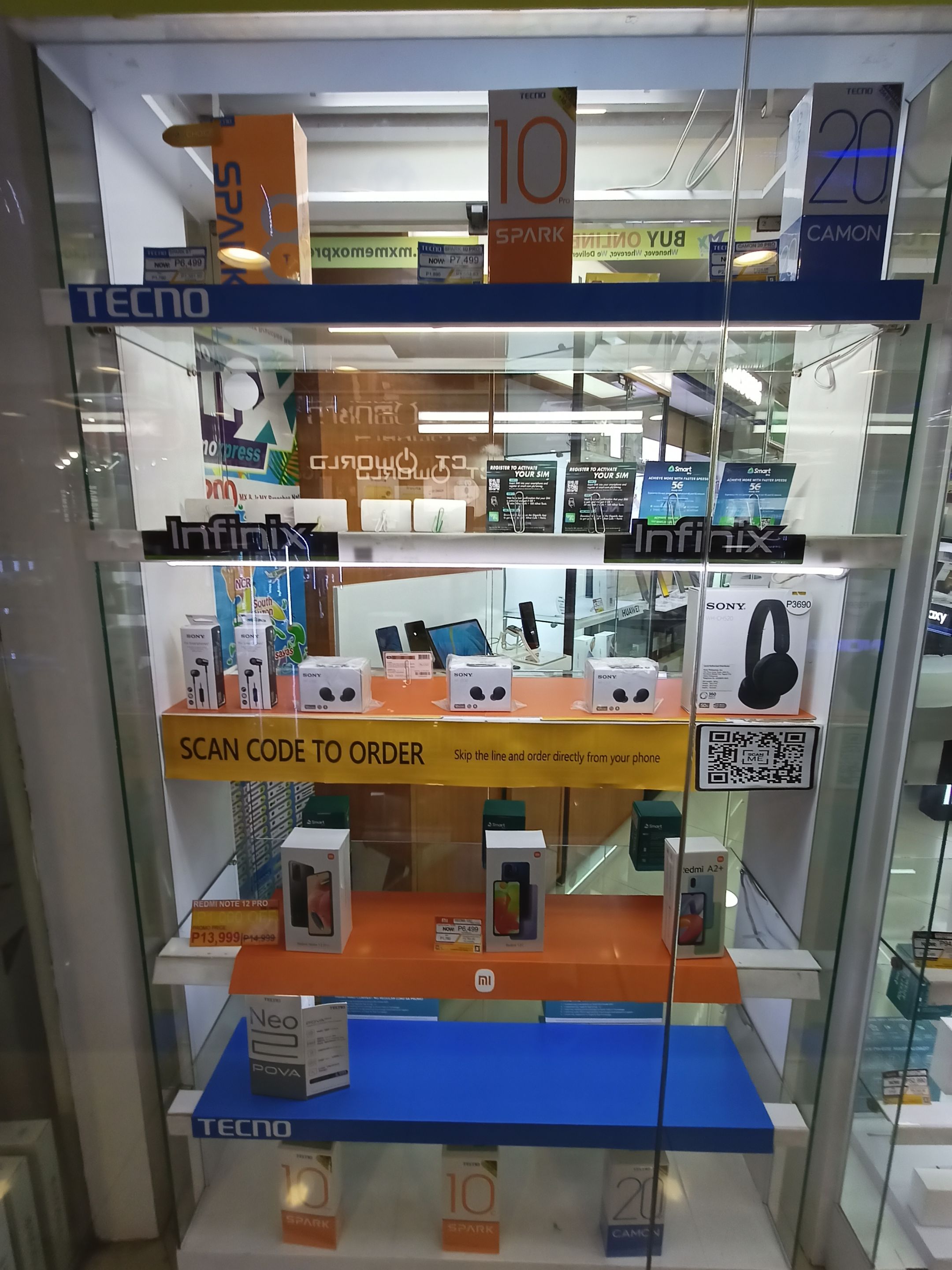
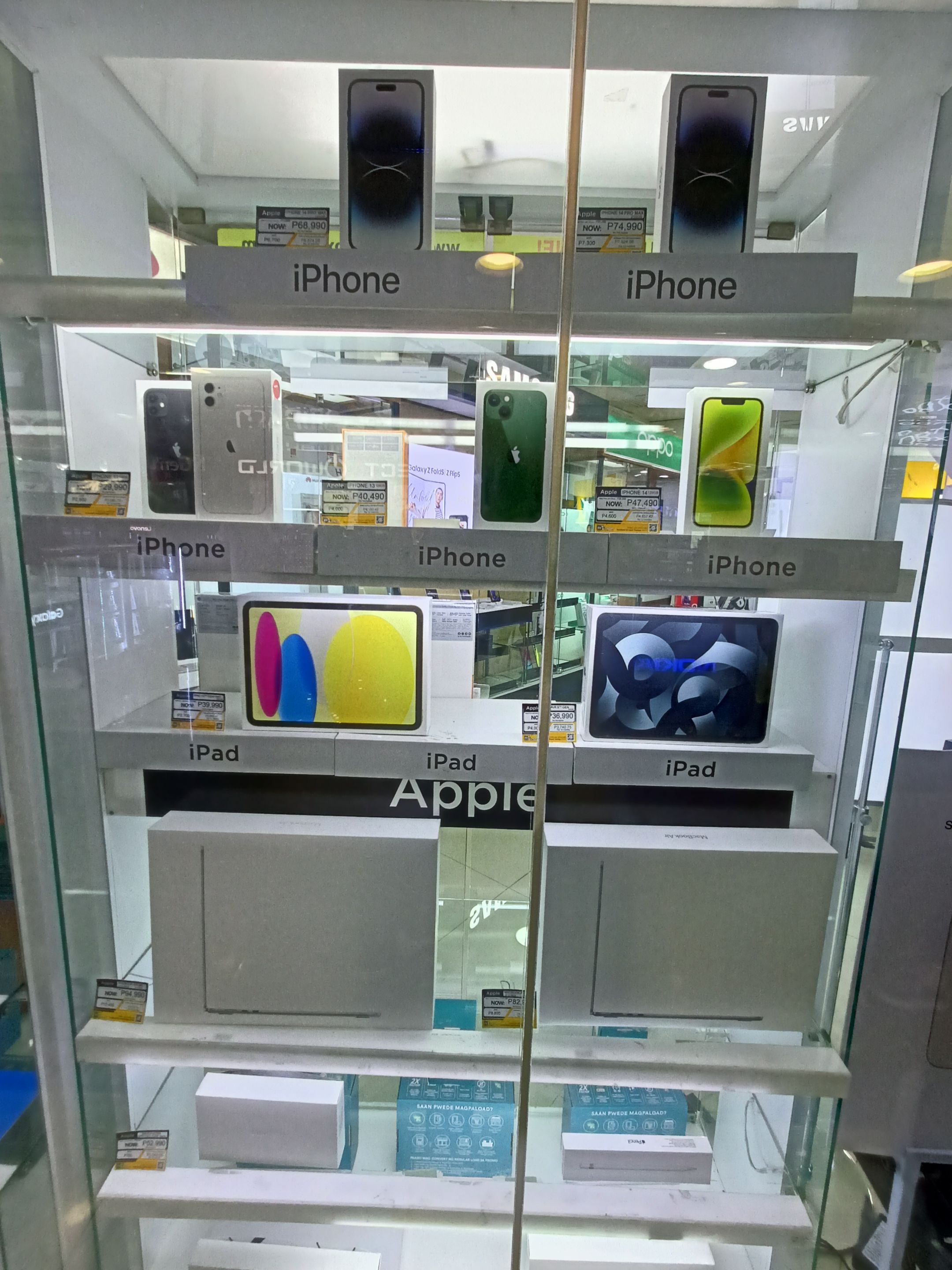
Furthermore, babies and toddlers as young as 2 years old have now been exposed to digital devices, unconsciously hooking them thus influencing their addictive behaviors.


Try this. Confiscate a smartphone or tablet from a child deeply immersed in watching a video, solving a puzzle, or playing a game. In most cases than not, they would suddenly cry, display emotional tantrums, and become hysterical as if it's the end of the world, right? They absolutely refuse to be separated from what they consider their new toys!
Such a disturbing reality, would you say?
Is this the excruciating price we're obliged to pay for the rapid proliferation and unstoppable progress of digital technology? Perhaps.
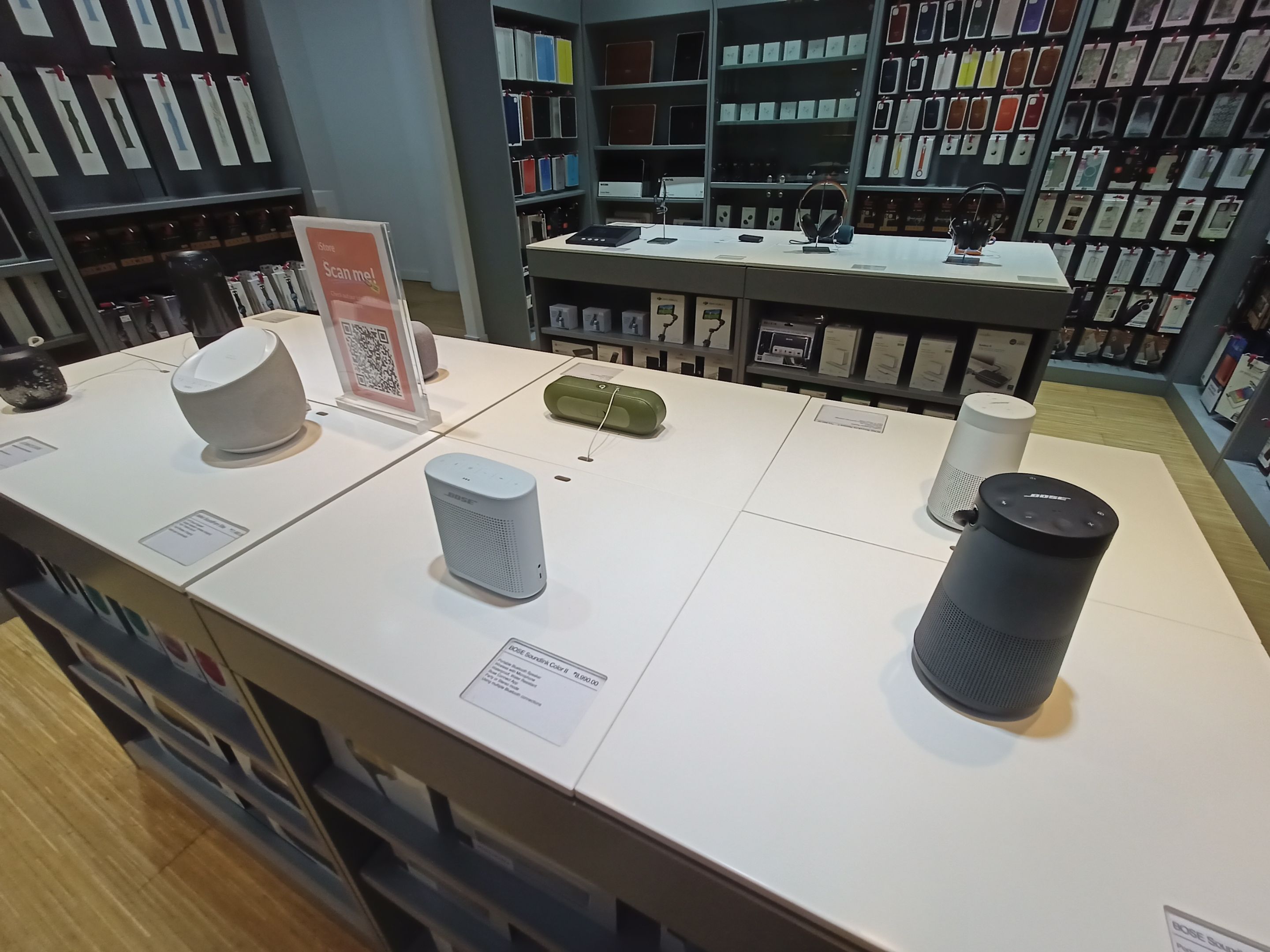

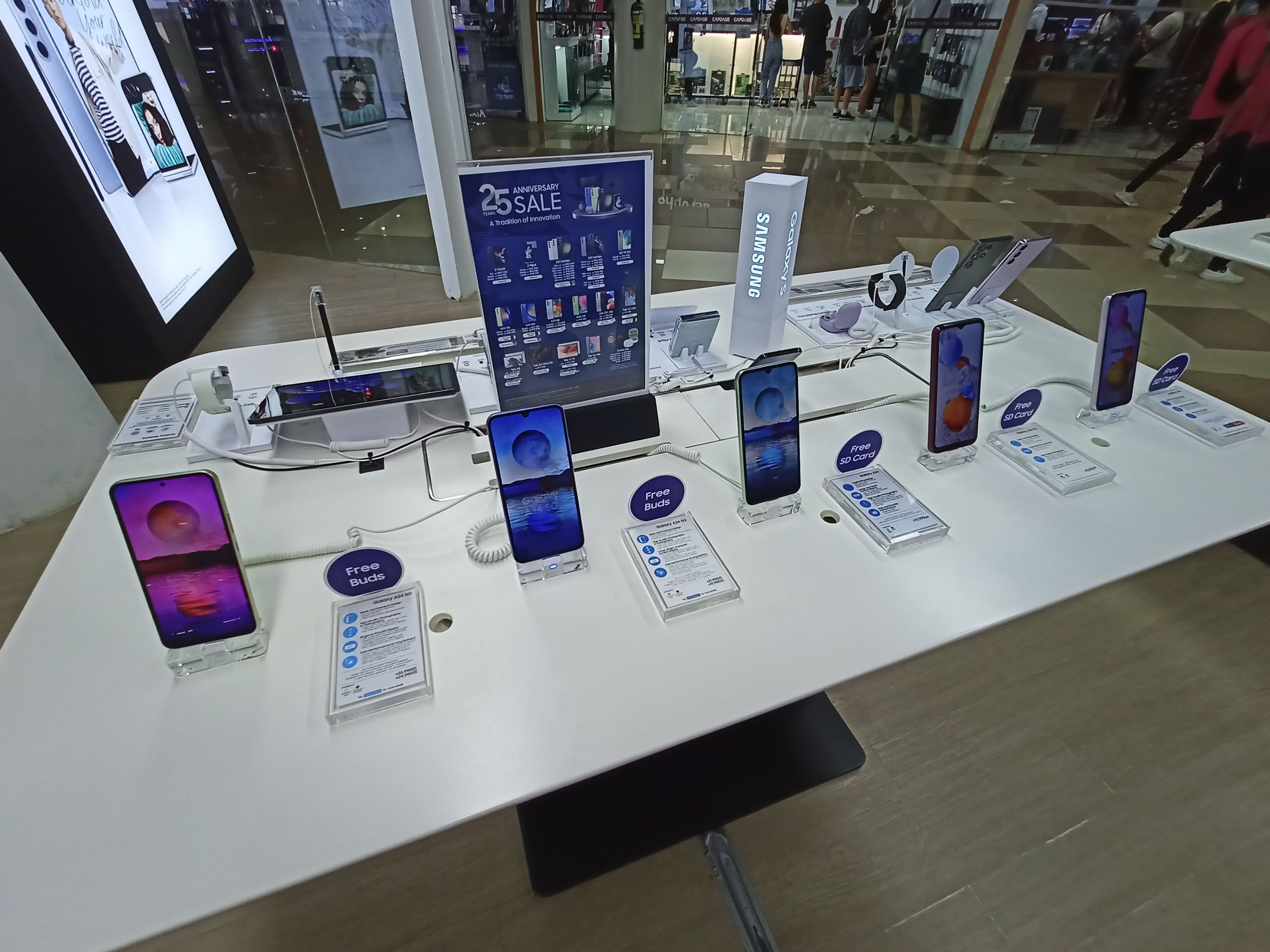
I for one am a subtle practitioner of OCD in terms of digital peripherals, gadgets, consoles, computers, tools, and the like. I'm not sure why, but I seem to be naturally magnetized by these wonderful objects.
On a positive note, they have made my life easier by streamlining my work processes, adding efficiency and productivity to my daily routines, and most importantly, saving time.

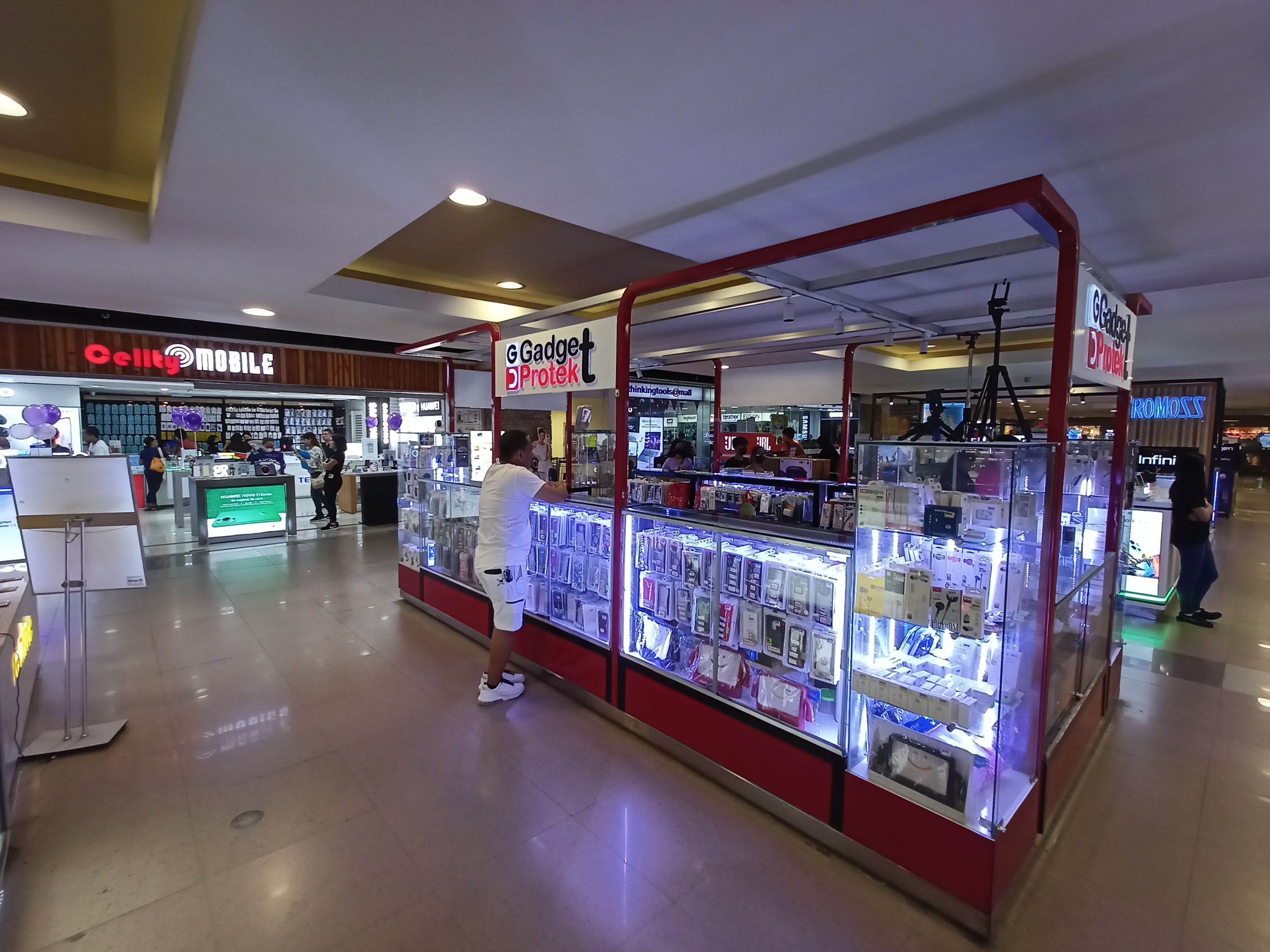

For these reasons, I totally enjoy hanging out in commercial spaces selling most types of phones, electronics, computing devices, gadgets, the list goes on.
These spectacular marketplaces sustain my digital curiosities. Apart from bookstores (where I also love to linger), these cyber-zones likewise stimulate my senses - transforming my periodic visits to these special places into fun learning experiences.
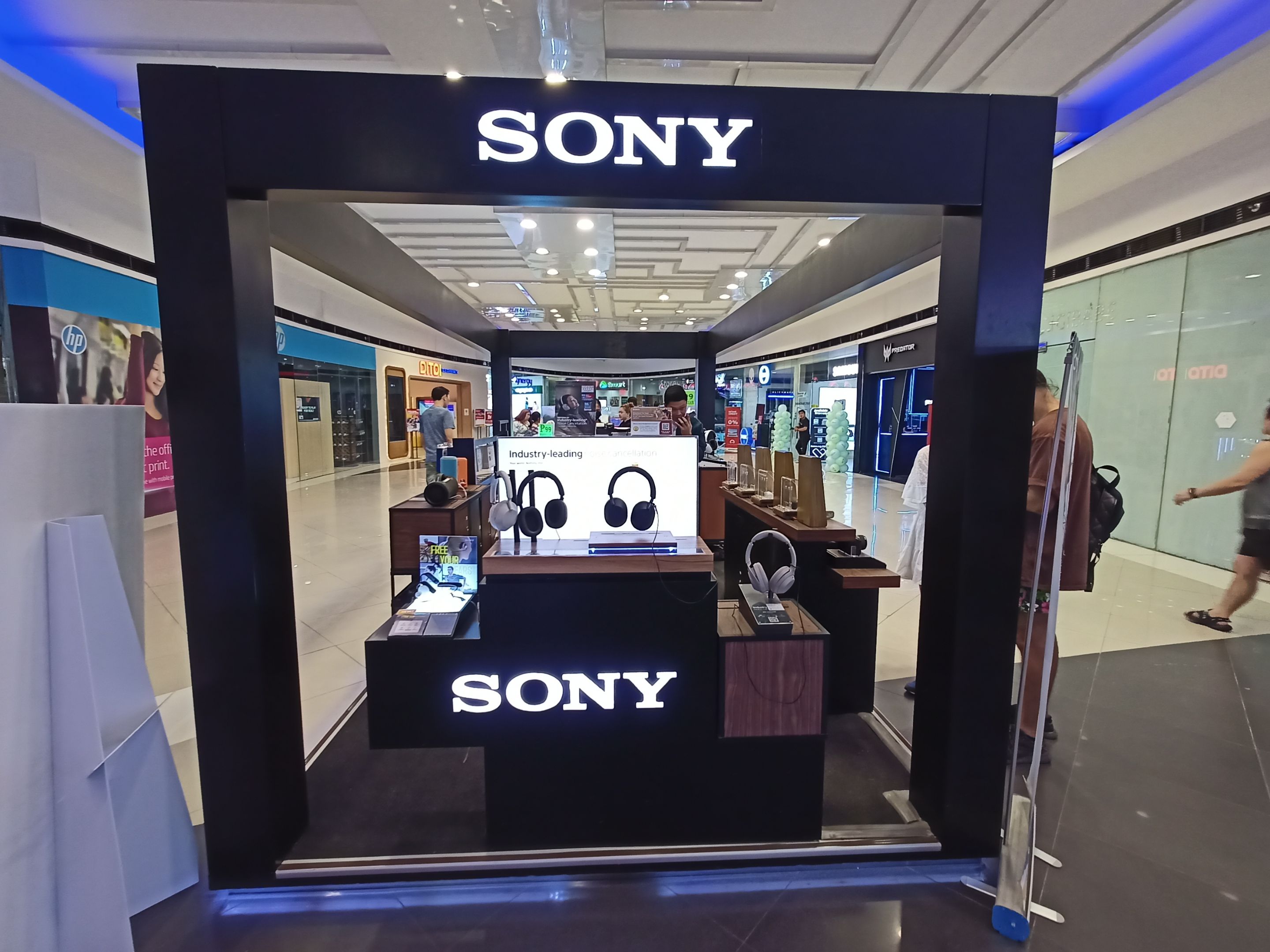
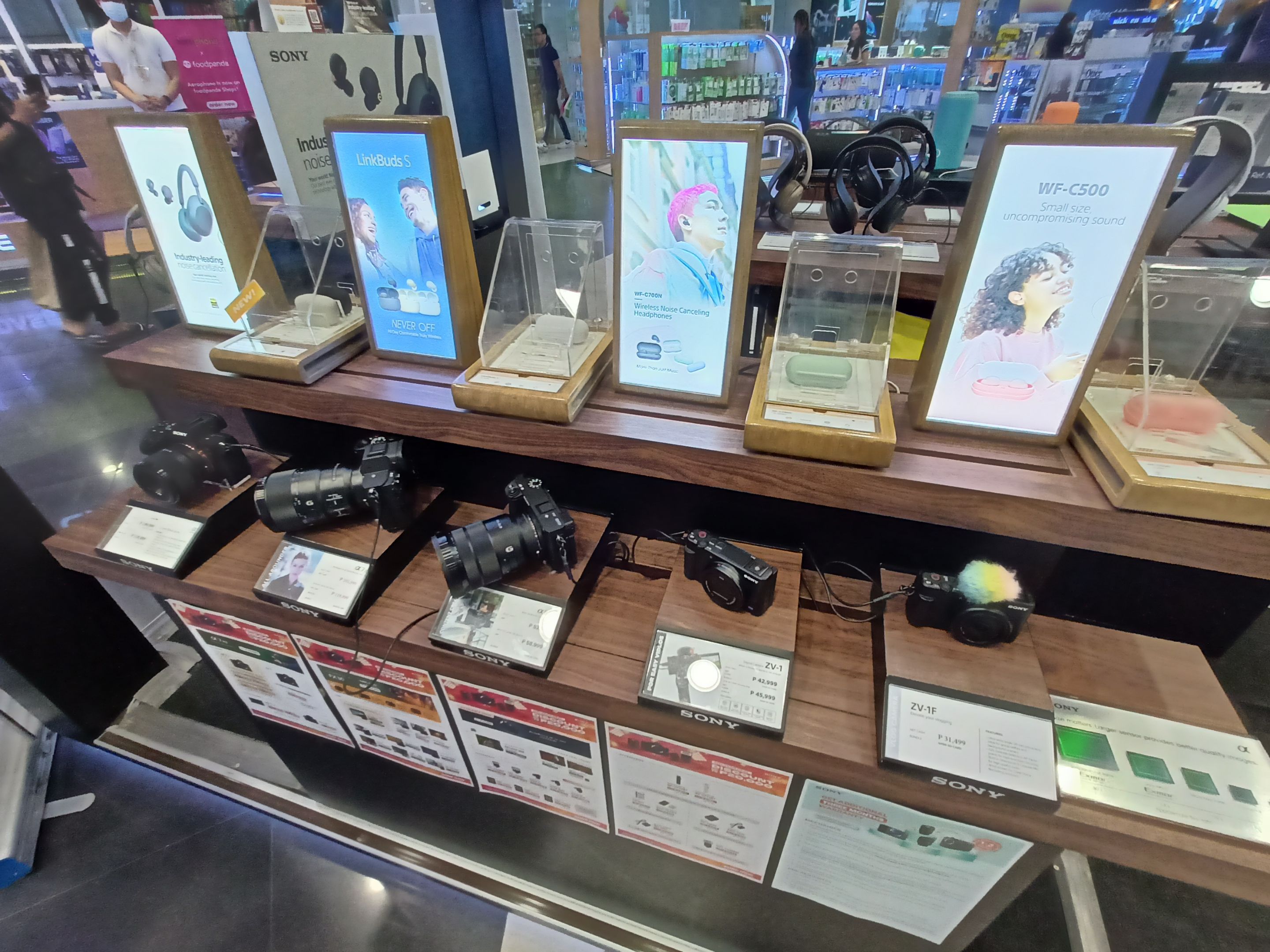

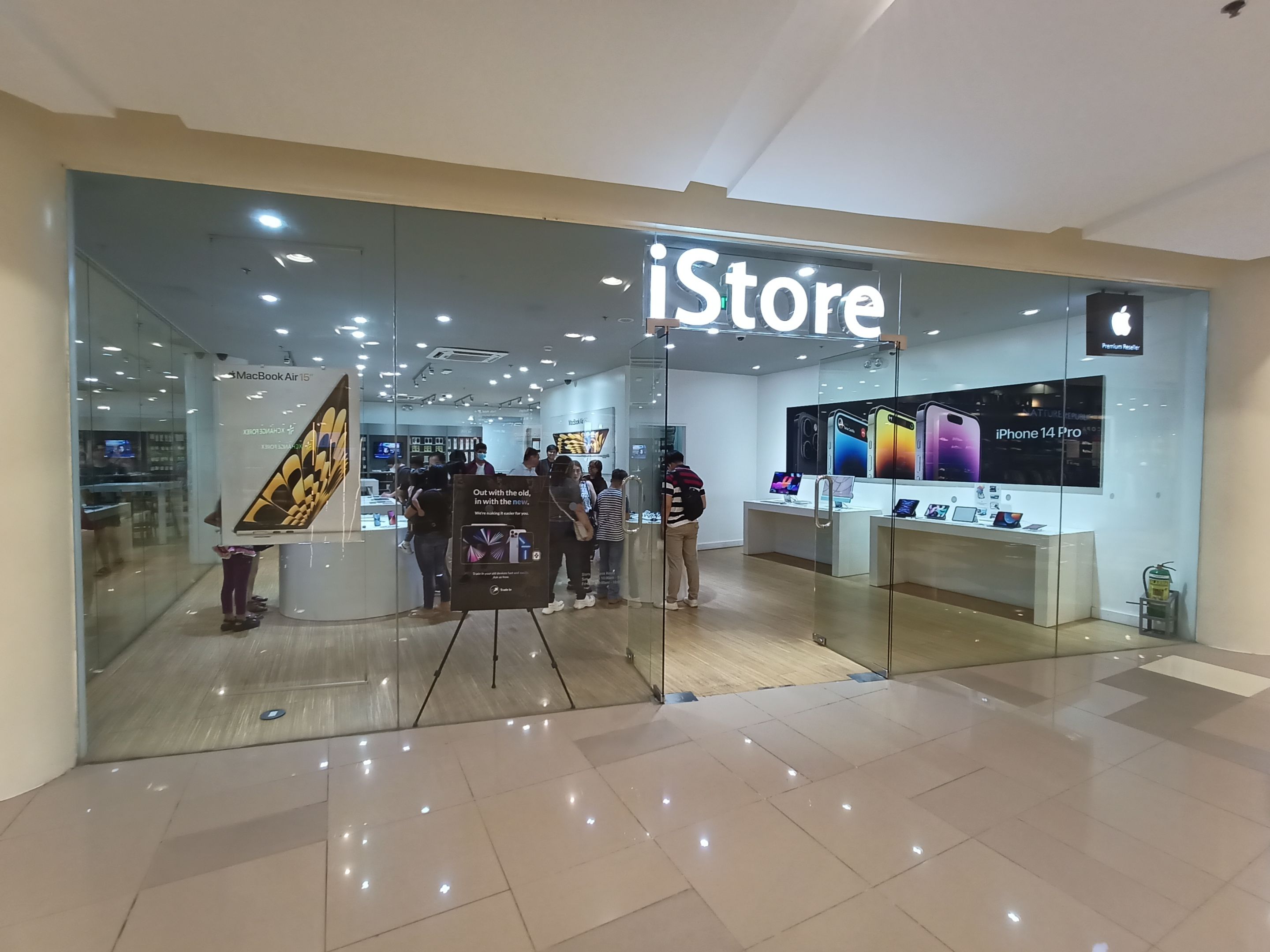
On the contrary, I repeatedly get trapped into becoming a vulnerable prisoner of OCD whenever I purchase additional paraphernalia that I already own.
Why?
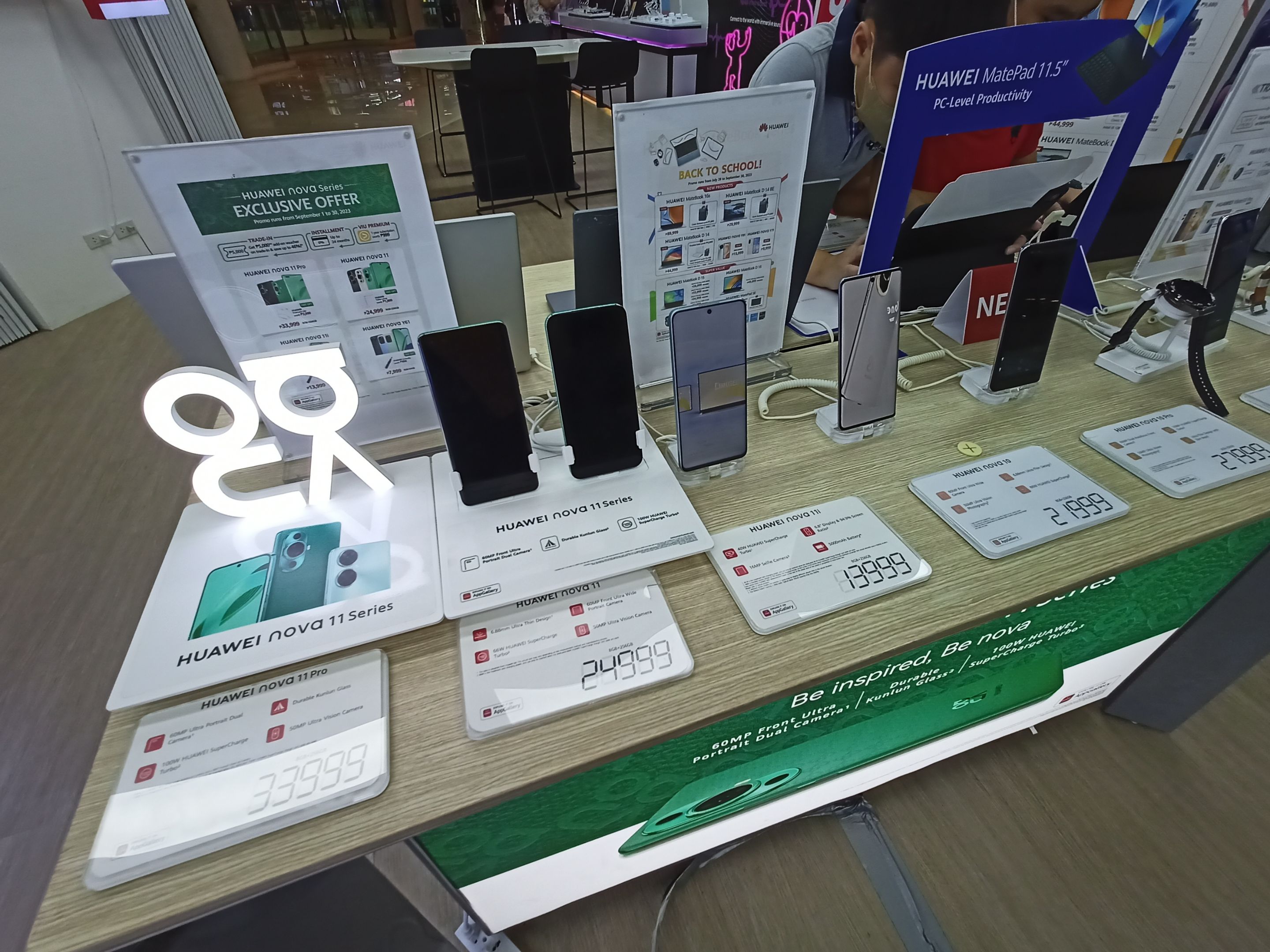
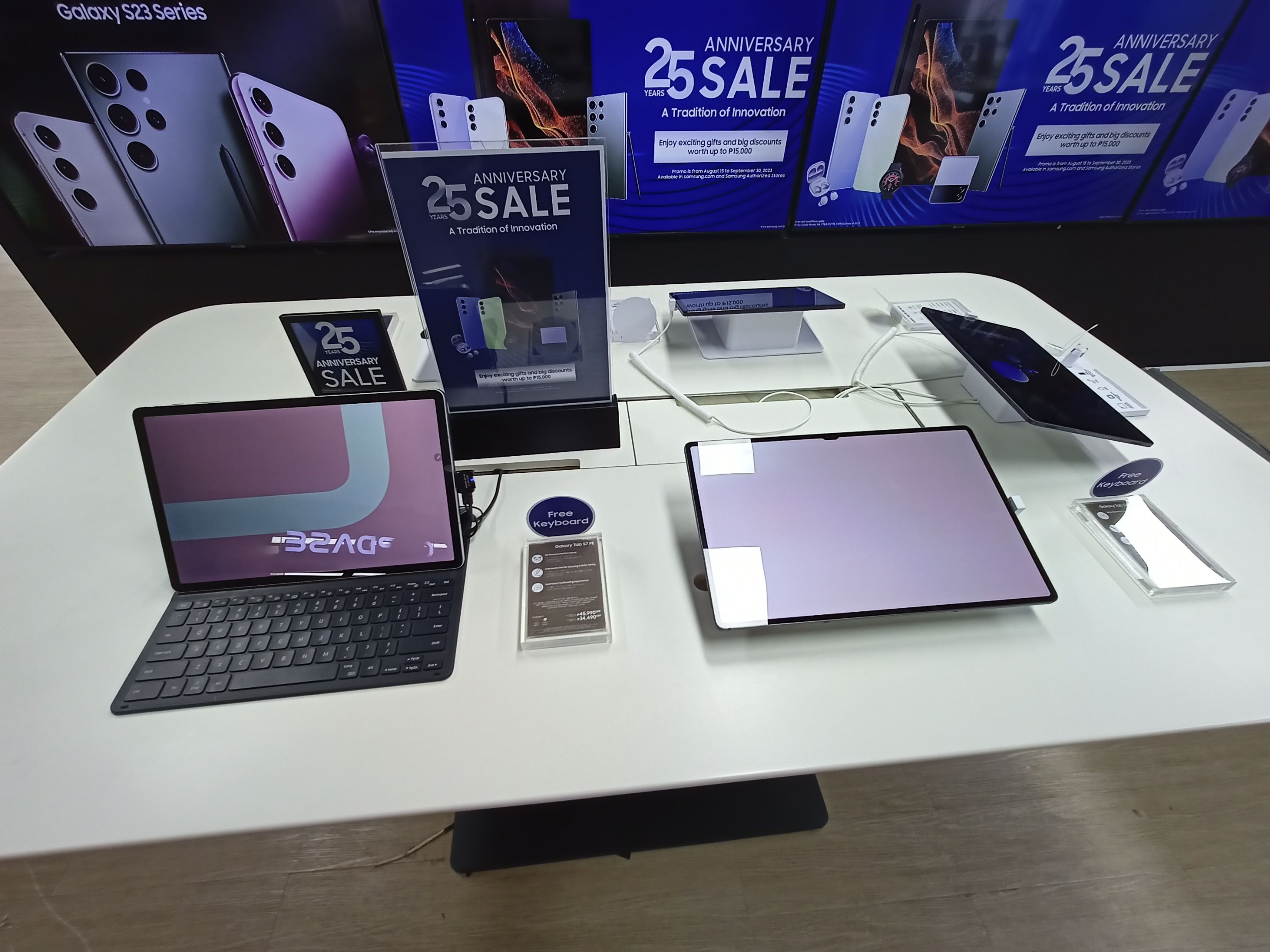
I actually have the tendency of replacing my outdated gadgets with more novel models even though they're still quite new and can basically function to serve me with the required tasks. I sometimes can't resist my ridiculous urges by collecting them to the point of splurging in unnecessary expenses. In other words, I've wasted so much money on useless upgrades. Does this happen to you too?
How much exposure to these technological marvels is too much?
Well, I'm not saying that digital technology and its plethora of innovations are completely detrimental for us. Yet, for the average person who takes pride in their digital experiences, it's all about implementing a "healthy balance" in counteracting their disastrous effects.
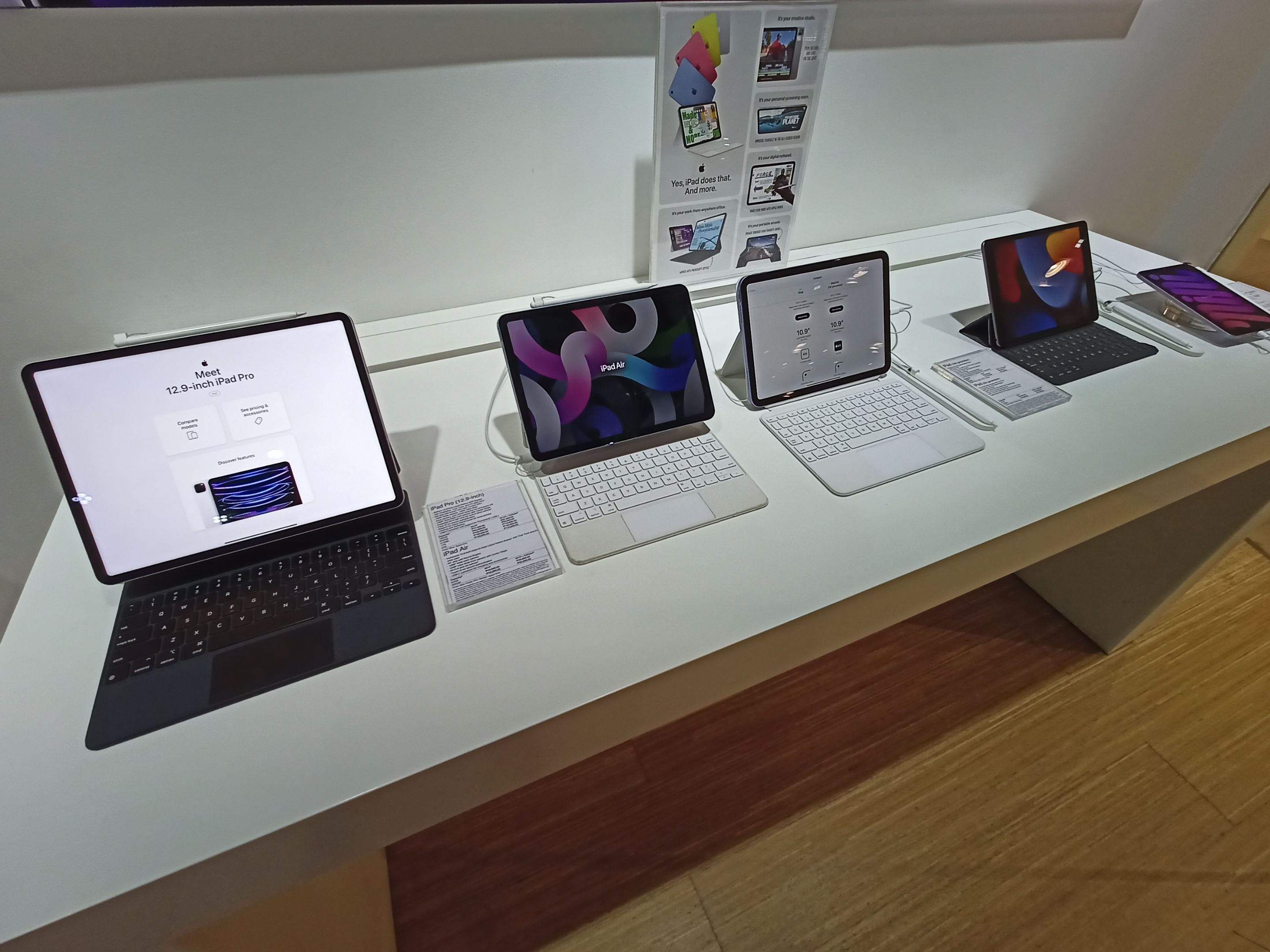

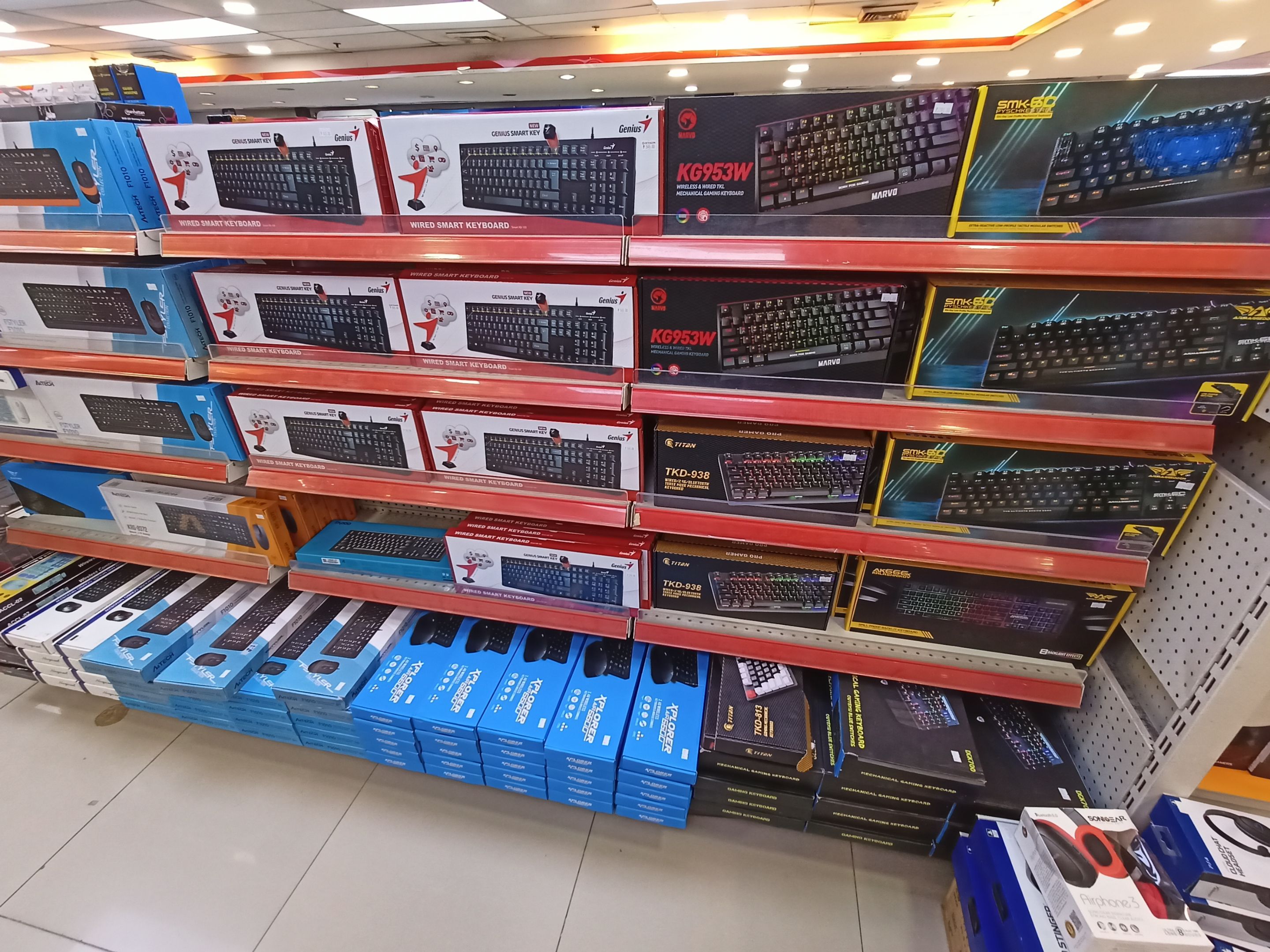
How do you unplug from this harmful addiction to digital OCD?
Based on my personal observations, self-discipline is the crucial antidote to control the over-immersion of people in their digital pleasures. There are plenty of ways to do that but I'll just share what worked well for me.
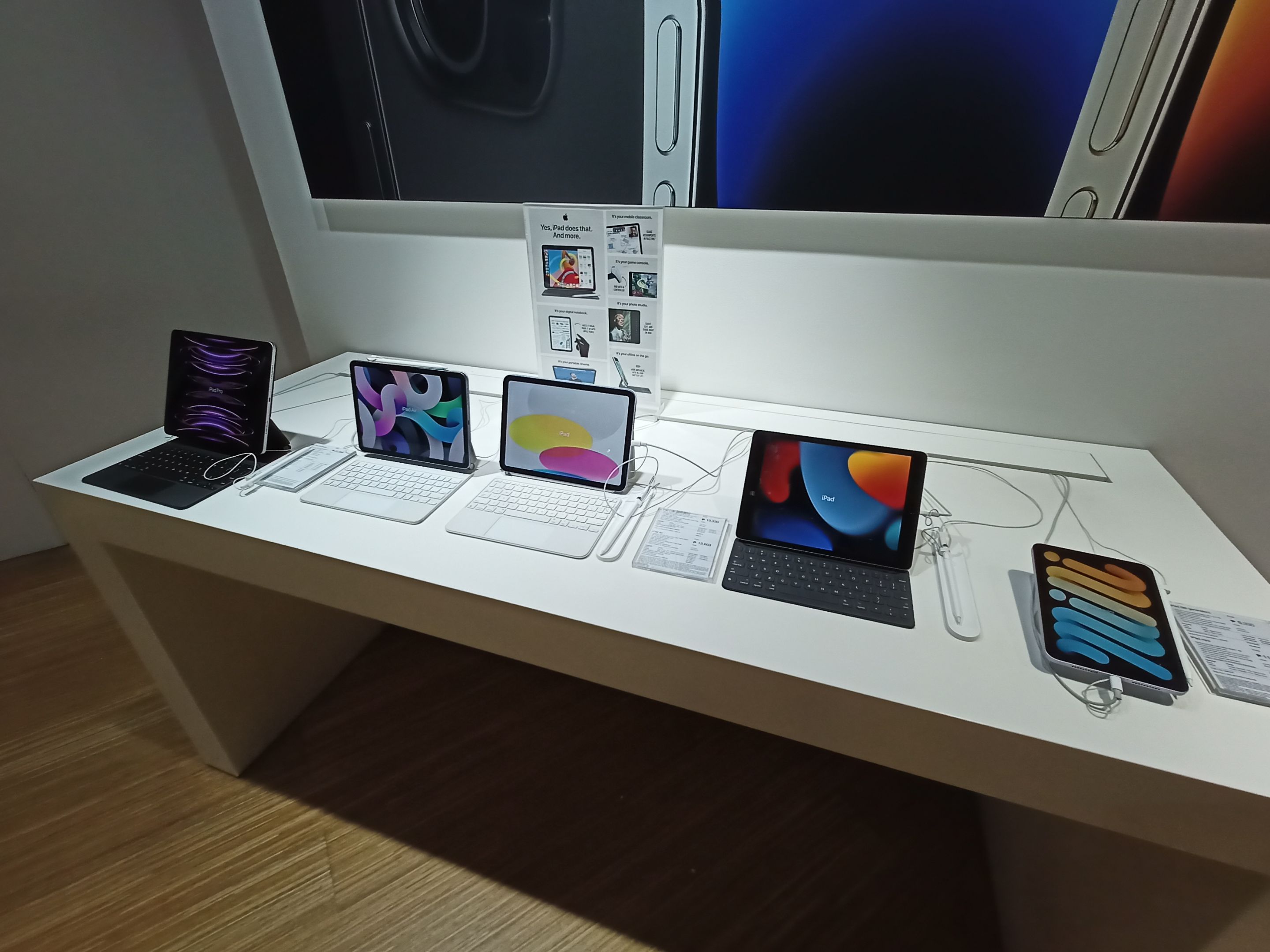
Once in a while, allocate time and effort to be "off the grid" by literally abstaining from frequent device usage, unhooking yourself from the World Wide Web, as well as physically removing these accessible items from your sight, hearing, and touch.
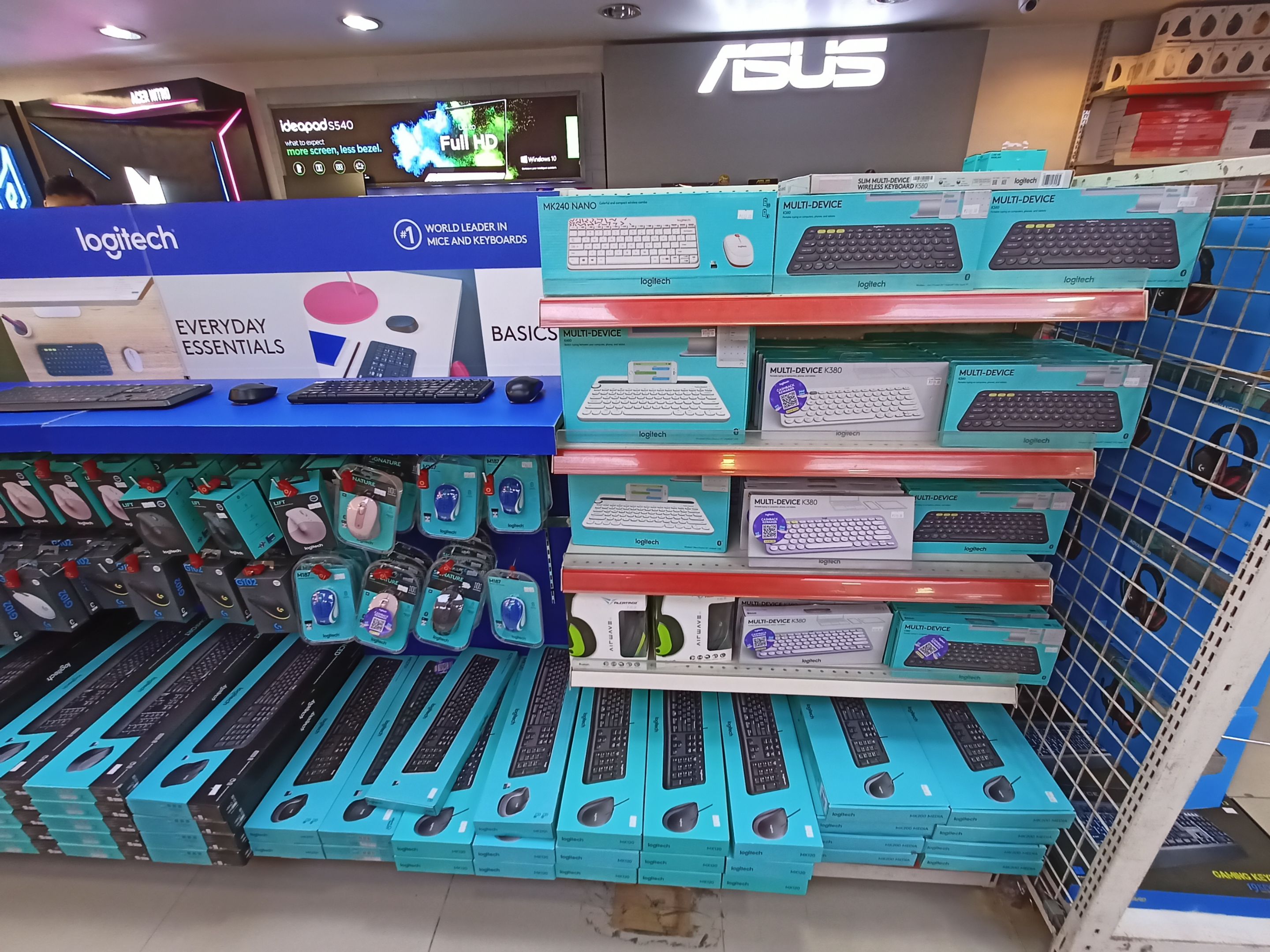
Invest in ample outdoor activities by embracing the natural environment through walking, hiking, exercising, or purely basking in the presence of green spaces. Your body will thank you for that much-welcomed healing, nourishment, and rejuvenation.

Connect more with real people. Just because online communication has become fairly easy and readily available nowadays, that doesn't mean that engaging with others offline is a struggle. Nothing beats the traditional face-to-face conversations that foster authentic relationships. We are all human after all, not machines.
This "technological detox" will be your golden ticket to finally pursue a wholesome, stress-free, and healthier life without compromising the benefits of digital technology.
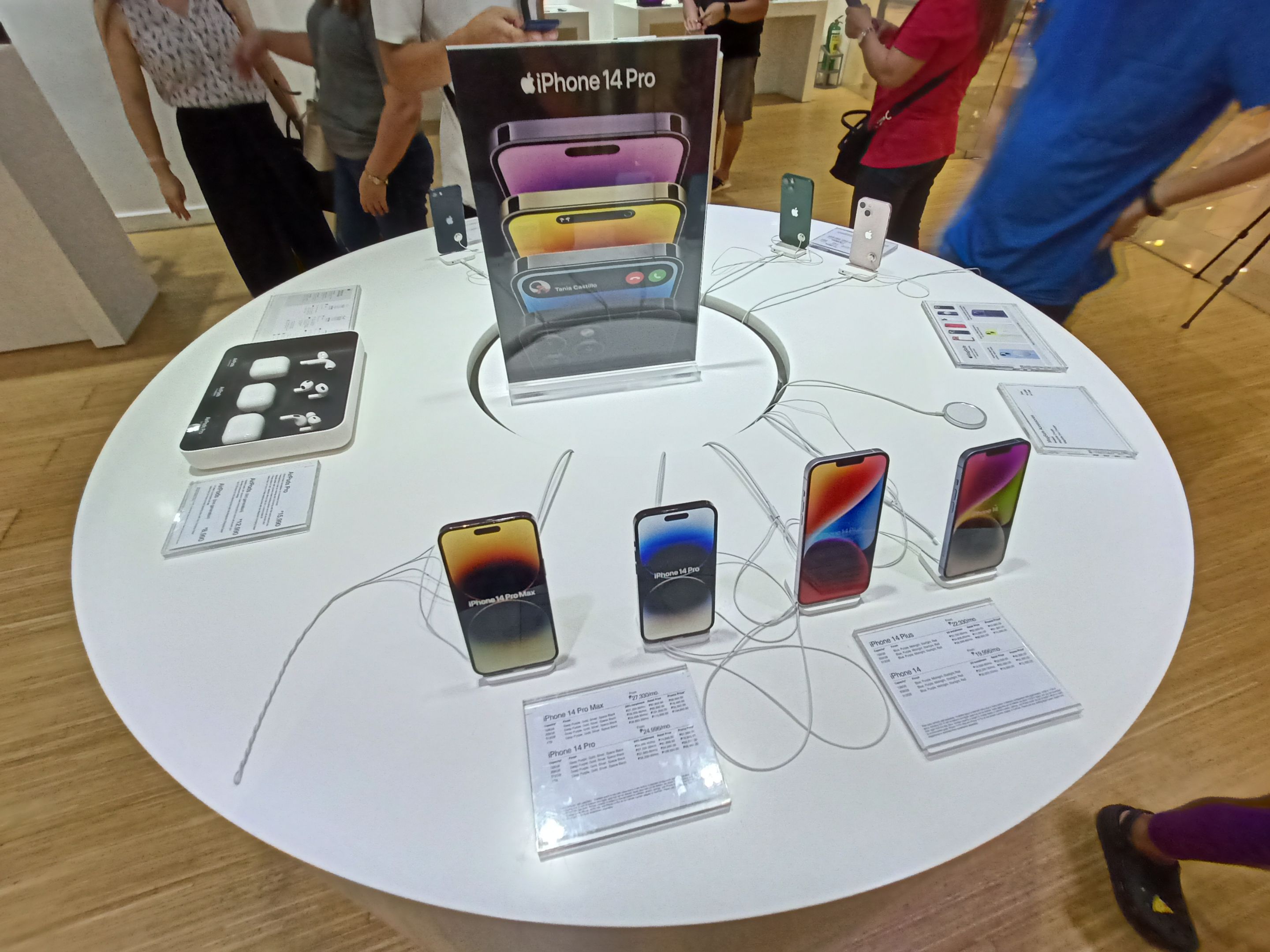
Makes sense?
Copyright © 2020-2023 storiesoferne. All rights reserved.










Comments